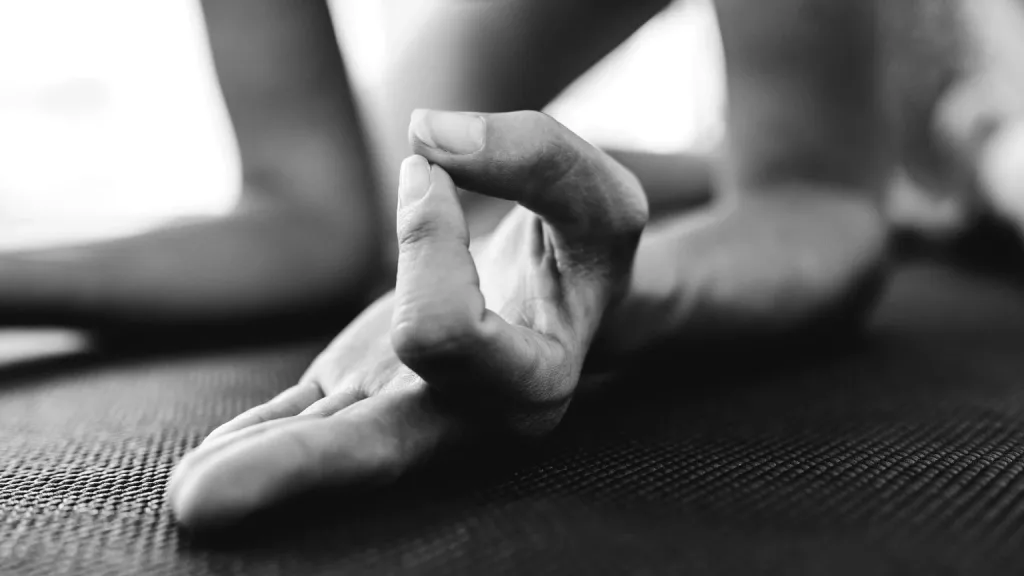If you live in Australia, you will be experiencing the season of Autumn. The seasons are highly regarded in Ayurvedic Medicine, and there is an entire science dedicated to the changes of the seasons and how it affects our minds and bodies.

If you live in Australia, you will be experiencing the season of Autumn. The seasons are highly regarded in Ayurvedic Medicine, and there is an entire science dedicated to the changes of the seasons and how it affects our minds and bodies.
Ayurveda is an ancient Indian health practice that is over 5000 years old. Translated as a science of life (Ayurv= life and Veda = Science/ knowledge), that takes into account mind-body health systems, and goes beyond treating an illness. The philosophy is based on the concept that the universe is made up of the elements fire, water, earth, air and space. As are our bodies. So each individual has a unique ‘dosha’- body type, that is made up of a different balance of these elements. They are known as Vata, Pitta, and Kapha.
Autumn is known as Vata season. Vata representing air and space. These elements are elevated in the external environment as you notice more wind, roughness, dryness, coolness, subtlety, and crackling leaves. This is also reflected within our internal environment. Mind and body.

Diet
Think warm, nourishing, cooked meals. Eat seasonal produce and cook with good quality oils such as ghee, olive oil, or sesame oil. Sip warm herbal teas throughout the day, and lay low on the caffeine as it’s a Vata irritant. Good quality protein and fats are ideal. Spice up your soups and casseroles with stimulating spices such as cardamon, cinnamon, ginger, nutmeg, cloves, cumin, fennel, and licorice. They will improve digestion, and add warmth to your meal and internal environment.
Foods for the season include oatmeal, steamed seasonal vegetables, avocados, nuts, oranges, sweet potato, pumpkin, honey, asparagus, cooked apples, carrots, and nut butters. Any grains can increase bloating, and should be soaked prior to cooking to help prevent this.
Try limiting raw and dry foods, particularly broccoli, cabbage, cauliflower, and leafy greens. In addition to frozen foods, cold drinks, beans, crackers, sprouts, dried fruit and millet. Fasting is usually not recommended.
Yoga and Exercise
To create stability and warmth, practice poses that increase internal heat and poses that are grounding. These include the Sun Salutation, Tree Pose, and Warrior poses. Allow yourself to flow into the poses and create fluidity with movement. Pranayama, particularly alternate nostril breathing, is very balancing. Cobra and Child’s Pose will calm the mind, and pacify Vata symptoms. Tai chi and bike riding are also great for Vata season.
Routine
Daily routine goes a long way during a Vata season. Set a time each day for waking up, meal times, exercise, and bed time. Try meditating in the morning, as little as 5 – 15 minutes can make a significant difference to your entire day. Meditating soothes the nervous system, and regains any scattered parts of our inner self. Massage organic sesame oil onto your body then take a warm shower and allow it to soak into your skin leaving a slight residue on your body. Wear warm clothes and surround yourself with Autumn colours such as orange, brown, red, and yellow.
Autumn is a beautiful season. A time of transition, and a time to retreat within. Think warmth, nourishment, stability, routine, creativity, fluidity, love, and gratitude. It is a time to see the beauty in letting go, and embrace change. Be kind, be true, and remember you are a part of this entire existence. It is easier to go with the flow of life and nature, rather than to work against it. As we embrace this Vata season, allow yourself to surrender to the change and all that comes with it. Hope your autumn days are filled with warmth and good health.

